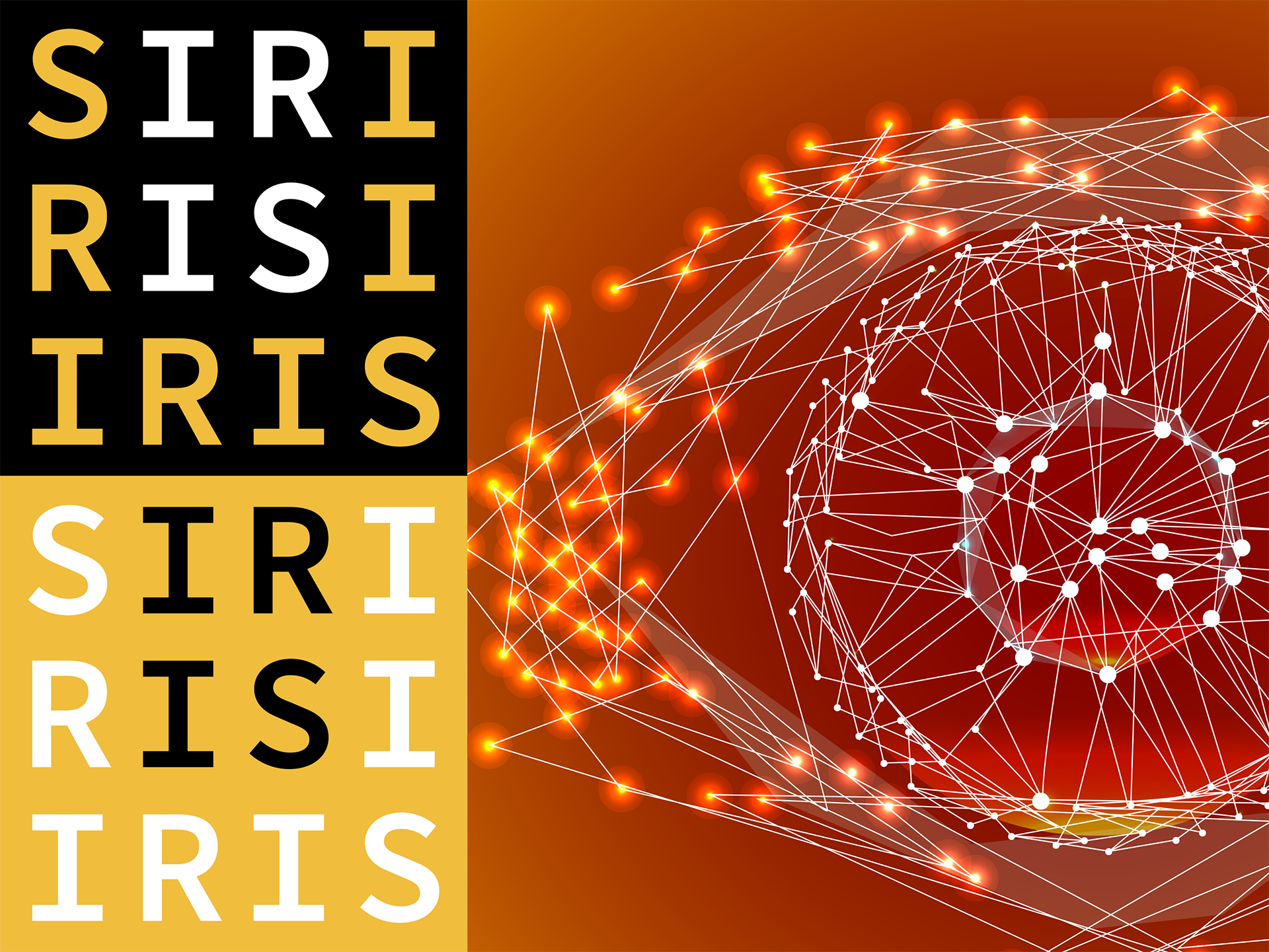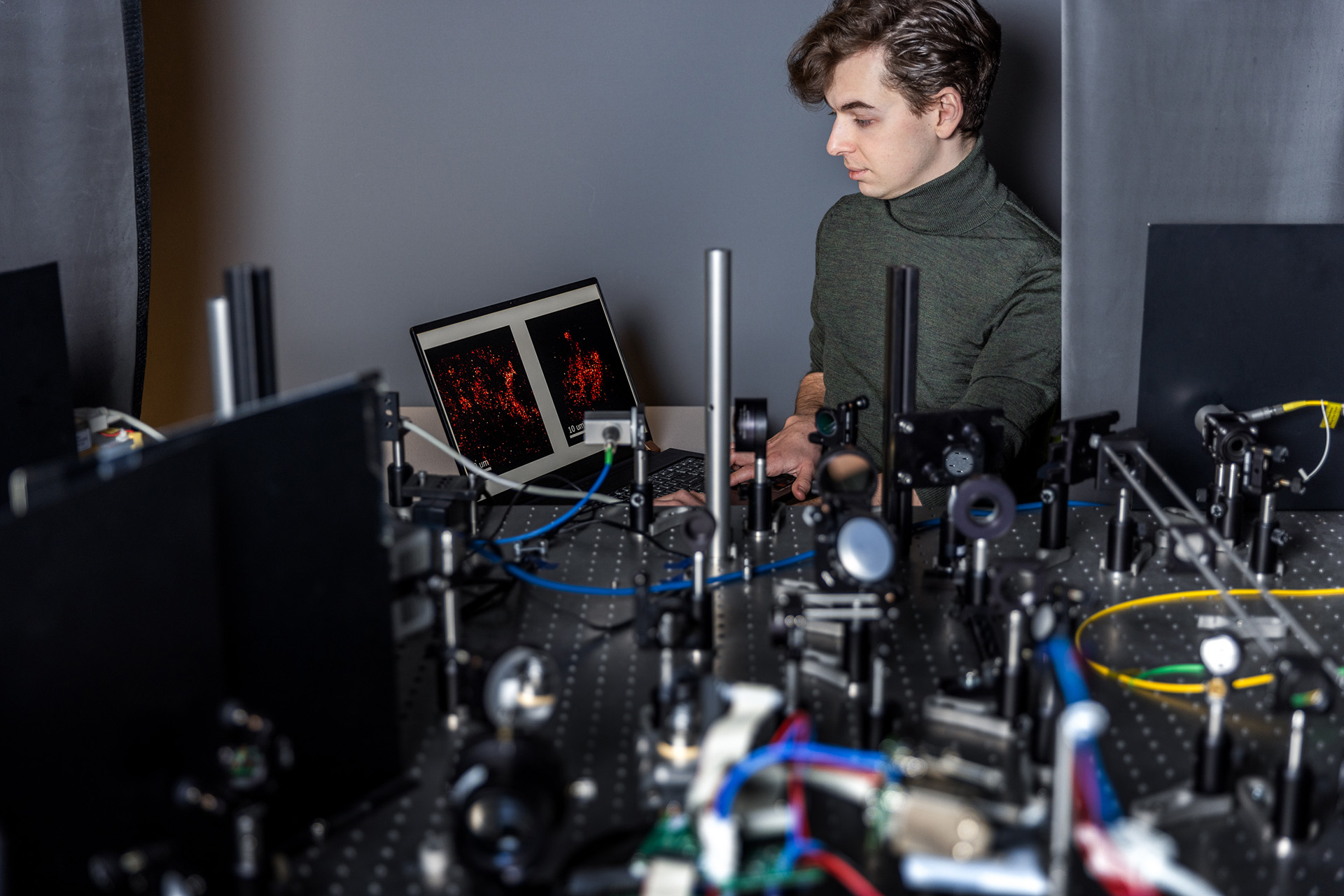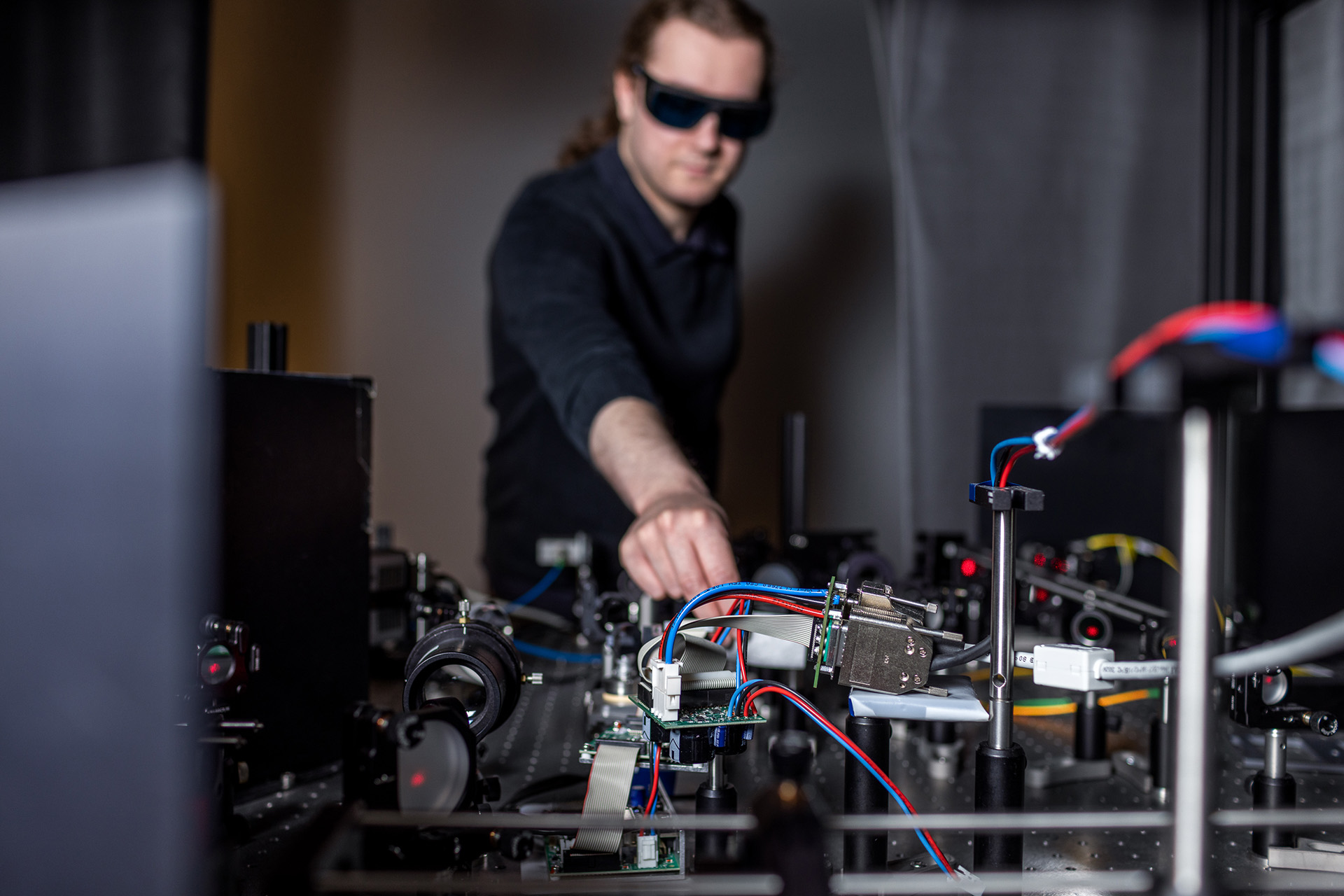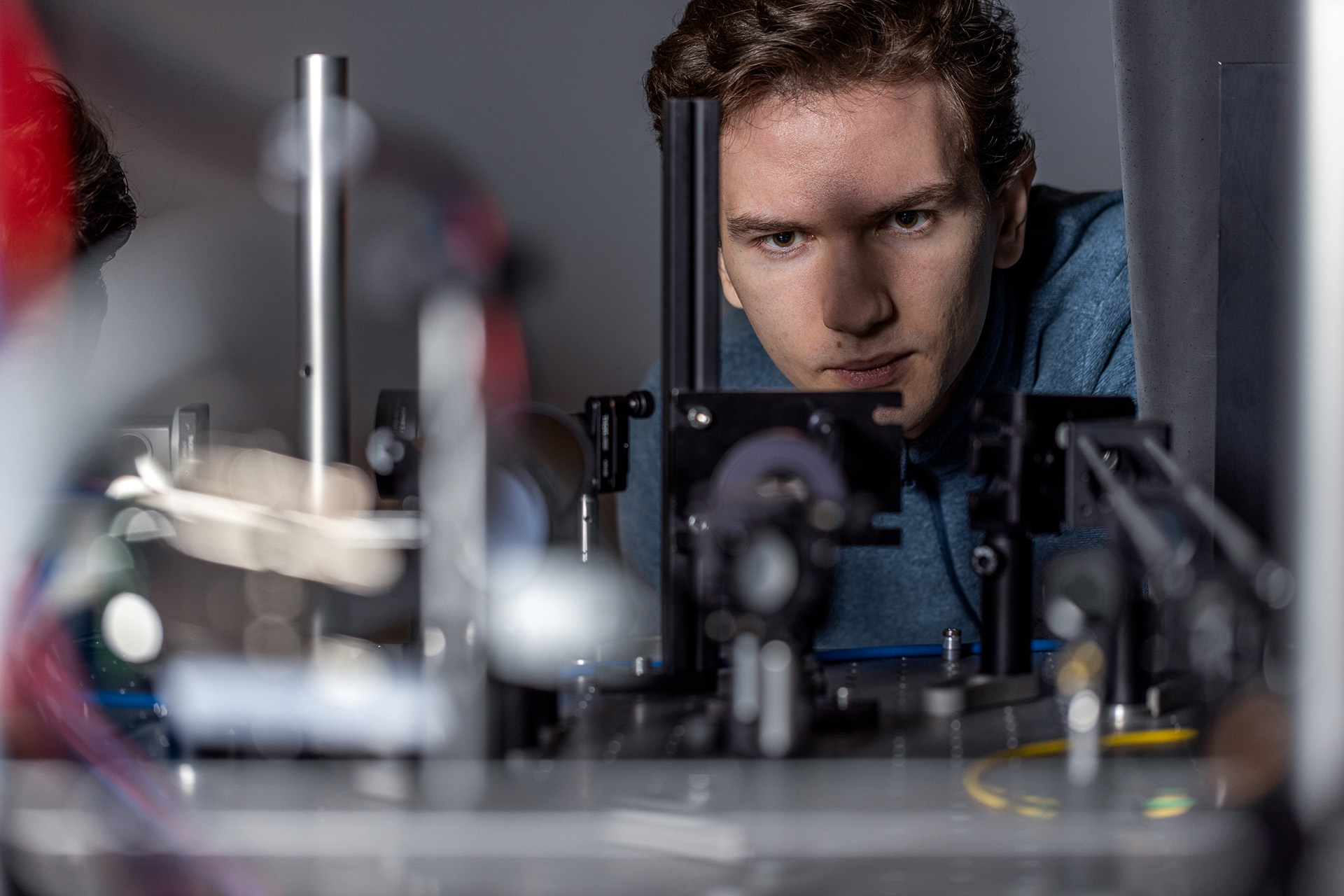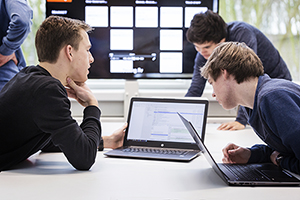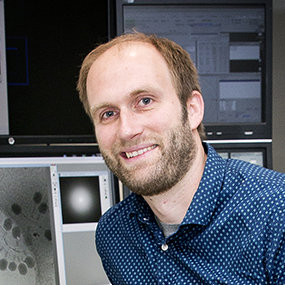The IRIS Lab (Intelligent & Reliable Imaging Systems) develops AI-based technology that improves microscopy methods in the life and biomedical sciences to unravel biological processes from a molecular level up to the scale of tissues and organisms.
Core tasks in biological microscopy such as detection and tracking of objects, as well as image classification and image segmentation are now often performed by neural networks. Neural networks are trained to perform a certain task using very large sets of data, but which decisions these networks take, and why, remains essentially a ‘black box’. For scientific applications this black box causes a dilemma: the learned knowledge is not transparent and cannot be reliably reused. Furthermore, how well a method performs its task is strongly tied to the specific data it was trained on and therefore cannot be easily used across different modalities of biological imaging that all produce different image data.
The aim of the IRIS lab is to open the black box of AI. We will accomplish this by having networks approximate physical and system operations separately to enable the incorporation of known physical principles of image formation in optical, electron and acoustical microscopy.
The IRIS Lab is part of the TU Delft AI Labs programme.
The team
Education
Courses
- SC3011TN – Stochastische signaalanalyse
- SC42030 – Control for High Resolution Imaging
- AP3232 – Medical Imaging Signals and Systems
- AP3531 – Acoustical Imaging
- NB4020 – High Resolution Imaging
- NB2230 – Biomolecular Structure and Function
- NB2071 – Physical Biology of the Cell 2

